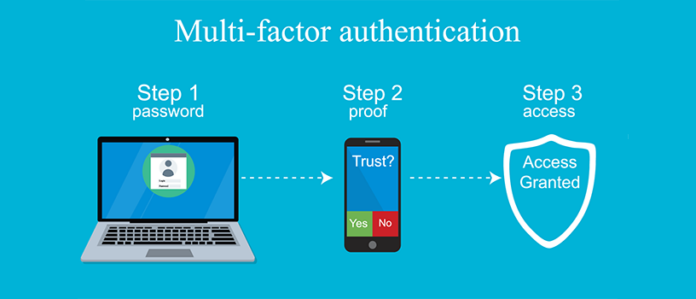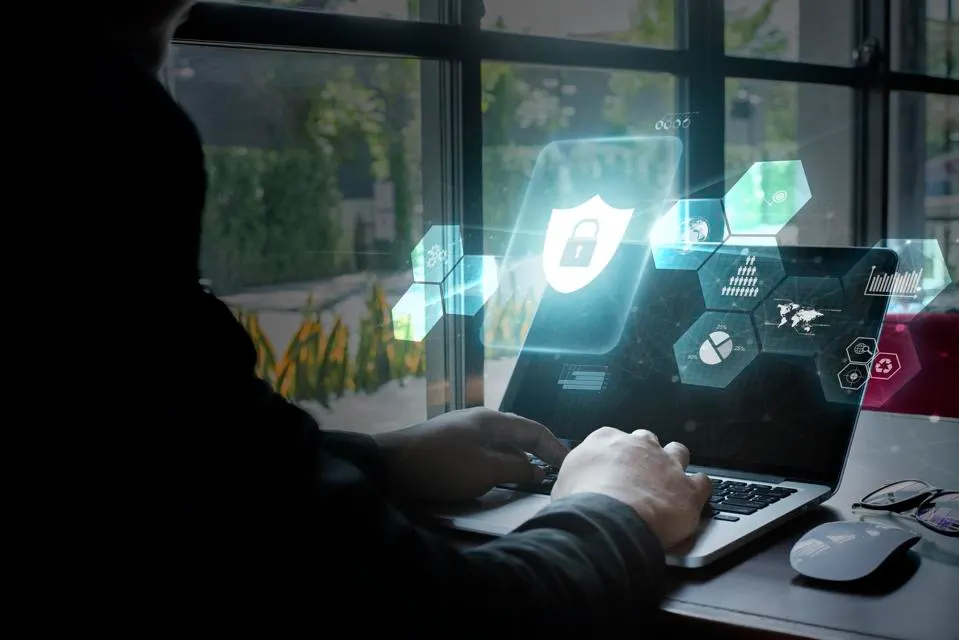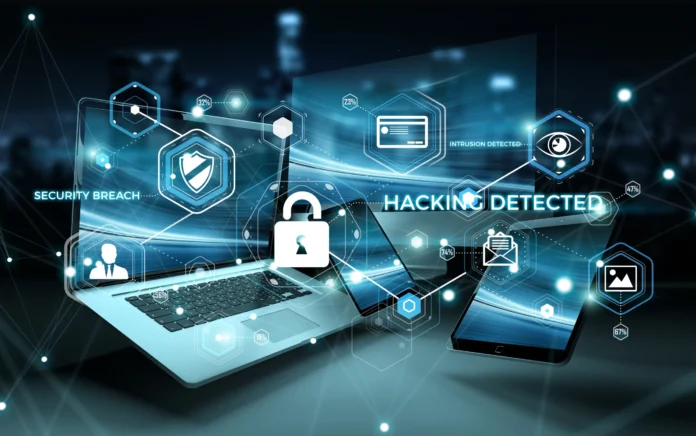Cyber security has become a major global concern nowadays. According to a recent research by IBM, 51% of the interviewed companies plan to increase their security investments as the global cost of data breach reach $4.45 million in 2024. Incredibly, this marks a 15% increase over the last three years.
In light of these statistics, it’s vital to be proactive when looking to protect your small business against potential cyberattacks. So what must you do to stay ahead of the scammers? Listed below are cybersecurity measures your business can adopt in 2024.
1. Train Your Employees About Potential Threats

This should be your first line of defence against potential cyberattacks. Always ensure that all onboarding employees receive professional cybersecurity training. You can also provide cybersecurity refresher courses for all regular employees to ensure they stay updated with the latest trends. But while at it, it’s vital to identify groups that are at higher risk of cyberattacks such as IT specialists, administrative assistants, and executives. Overall, reinforce a strong cyber security culture in your business.
2. Create and Implement Data Security Policies
Any serious business must have serious policies that guide employees about what’s acceptable. The same applies to data security in your organization. Always inform your employees of what’s required of them when using computers, sharing data online, and browsing the internet. Being strict with clear policies regarding cyberattacks is an excellent way to ensure your employees do what is right with minimal supervision.
3. Secure Your Computers and Networks
Training your employees against cybersecurity is an excellent defence measure against viruses, trojans, and malware. But that won’t help if you don’t protect your computers and networks against potential attacks. For example, you can protect information in your organization by using strong passwords and other authentication measures. You can also install anti-virus programs to scan documents and identify any threats.
4. Consider Cloud Computing

Cloud computing is one of the best human innovations of this century. It offers multiple benefits to your small business, including backing up important data for easy restoration in case the physical systems fail due to an attack. Cloud computing can also simplify sharing information in your organization by sending links instead of downloadable files. Moreover, this technology can make it more effective to track potential cyber threats and address the situation before an attack.
5. Be Keen with Payment Methods
Always be selective regarding the payment methods that you accept in your business startup. To be safe, ensure that you only accept payments from renowned banks, payment cards, and e-wallets. Remember that some customers, especially on real money online casinos are often choosy when it comes to the payment options available on your website. These players often sign up on websites with safe and reliable banking methods. And another thing, ensure you have a separate payment processing system for your business.
6. Limit Employee Information Access
This is a relatively straightforward cyber security tip. Why should an employee in the accounts department have the passcodes for all the data systems in the HR sector? Doesn’t make sense, does it? Ensure that employees on have access to specific data systems related to their jobs. Some cheeky employees can infect systems with viruses and malware due to interdepartmental feuds or competition. If possible, change the passwords every few months to prevent unauthorized access to your data systems.
7. Secure Your Wi-Fi Network(s)

One of the first things that you’ll need to invest in while setting up your business is internet connection. But if not securely done, this could provide the gateway for hackers to attack your systems and steal information. For this reason, create strong Wi-Fi passwords and change the username and passcodes frequently. You can also use firewalls, which act as a buffer between the internet and connected devices. Other solutions include disabling remote Wi-Fi administration and using VPN (Virtual Private Network) to surf the internet.
8. Update Your Hardware and Software Systems
Last but certainly not least, ensure that your computer hardware and operating systems are up to date. The thing is that most updates come with solutions that fix any security flaws and vulnerabilities. Remember that this might mean installing new systems or purchasing new computers for your business operations. But this investment will be worth every penny, at least from a cybersecurity standpoint.
9. Incident Response Planning
Incident response planning is a critical aspect of small business cybersecurity. It involves developing a comprehensive strategy to address potential cyber incidents promptly and effectively. A well-structured plan outlines roles and responsibilities, communication protocols, and steps for containment, eradication, and recovery. It’s essential to rehearse the plan through regular drills to ensure that all employees are well-prepared to respond in real-time, minimizing damage and downtime in the event of a cyberattack.
10. Regular Security Audits and Assessments
Regular security audits and assessments are fundamental to evaluating the effectiveness of your cybersecurity measures. These assessments involve thorough examinations of your IT infrastructure, identifying vulnerabilities, and assessing risk factors. By conducting periodic security audits, you can proactively identify weaknesses and prioritize security enhancements. It’s a proactive approach to staying one step ahead of cyber threats and continuously improving your organization’s security posture.
11. Ongoing Employee Awareness Programs
Cybersecurity is a shared responsibility within your organization, making ongoing employee awareness programs crucial. These programs educate employees about emerging threats, phishing scams, and safe online practices. Regular training sessions and updates ensure that your staff remains vigilant and capable of identifying potential risks. By fostering a cybersecurity-conscious culture, you create a workforce that actively contributes to your defense against cyberattacks, reducing the likelihood of successful breaches.
12. Multi-Factor Authentication (MFA)

Multi-factor authentication (MFA) is a robust security measure that goes beyond traditional passwords. It requires users to provide two or more forms of verification before granting access to systems or accounts. By implementing MFA, you significantly enhance security by adding an additional layer of protection. Even if passwords are compromised, unauthorized access becomes significantly more challenging, making MFA an essential component of your cybersecurity strategy.
Final Words

Protecting your startup from cyberattacks is an essential part of the general business plan. Being a victim of cyberattacks can cost your business millions of dollars that can lead to bankruptcy and eventually closing shop. So, avoid these scenarios by being proactive. Don’t wait for a cyberattack incident to implement security measures.









